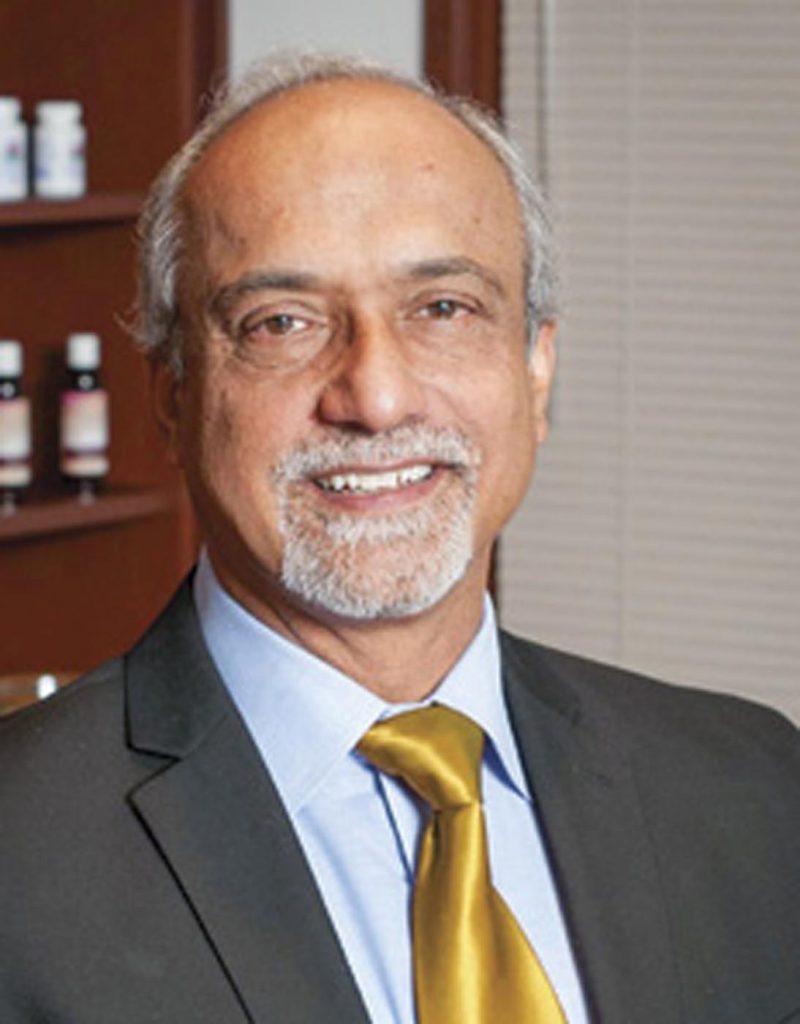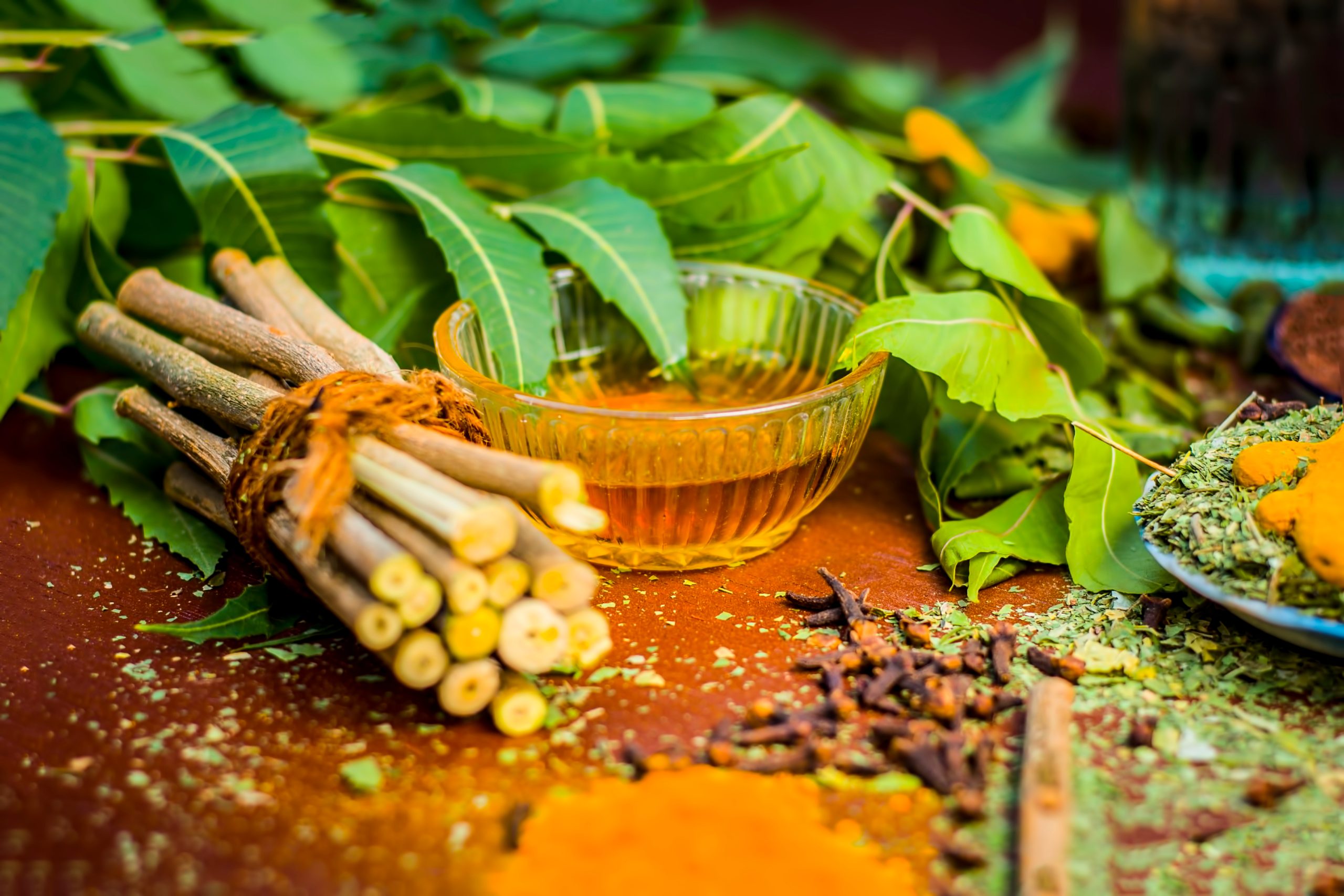Eat and exercise your way to health, or pay the price of neglect
By Dr. Virender sodhi
Prevention is decidedly the best medicine when it comes to the dreaded disease of diabetes. The four-pillar approach of Ayurveda is largely preventative medicine by balancing physical, mental, emotional and spiritual health. You can achieve this by consuming a healthy diet, living a healthy lifestyle, having a healthy mental attitude and taking healthy supplements. Nutrition is the cornerstone for good health. As the old computer adage goes, “Garbage in, garbage out.” There are several thousand research studies available observing cultures that do not have heart disease, diabetes, cancer or auto-immune disease. People with longevity in the Hansa Valley in the Himalayas and in the Andes don’t have doctors or hospitals available for several hundred miles and are claimed to live past 100 without any diseases. Why? Because they follow the simple laws of nature, eat what they grow, do hard manual labor and enjoy a stress-free life.
My dietary program for vegetarians is based on a valued tradition of Ayurvedic medicine and scientific evidence (those who eat meat can find useful advice on the Internet). Daily consume five to seven servings of vegetables, focusing on the more green, leafy and cruciferous variety. Try to consume vegetables with a low glycemic index. Oil should be included in foods up to four times a day, of which two to three servings should be good oil such as olive, flax seed, canola or macadamia. At least one serving of nuts and seeds should also be consumed. Do not purchase roasted nuts and seeds, because they become rancid very quickly, usually 8-10 hours after roasting. The best way to consume both is to soak raw, unsalted nuts or seeds overnight in water and then use them as a snack. Nuts and seeds have the power to germinate, so when we soak them in water, it activates the life force in them and the enzymes become readily available, which in turn helps digestion. Saturated fats are essential. However, keep saturated fats like dairy limited to only one serving in a day. Consume three to five servings of whole grains.
Throughout the world, we are constantly using bleached and husk free grains, which is our biggest mistake. All the essential vitamins, mineral and fibers are present in the husk. As we remove it to make it more appealing and have a longer shelf life, we are also stripping grains of nutrition. Fiber is of utmost importance, as it helps in decreased intestinal transit time, slows down gastric emptying, which in turn reduces sugar absorption, increases satisfaction (the satiety reflex), increases pancreatic secretions, increases stool weight, helps intestinal flora, produces short-chain fatty acids, decreases serum lipids and increases bile production. Consumption of the right amount of fiber can result in decreased incidence of irritable bowel syndrome and other gastrointestinal track diseases, gall stones, heart diseases, obesity, diabetes mellitus and cancer, as well as lowering your cholesterol. Consume four to five servings of legumes. Legumes, especially kala channa (black chickpeas, available from any Indian store), help in sugar metabolism.
Quality proteins are tofu, low-fat cottage cheese, Indian paneer and nut butters. Two to three servings of fruits should be taken. Do not just stick to bananas, apples and oranges. Be creative! There are hundreds of different varieties of fruits available. One general rule to follow is to not eat similar kinds of food every single day. Change your menus regularly. Not only does this provide a variety, but it also enables the body to avoid food sensitivities or allergies. Do not eat late dinners. Finish your dinner by 7.15 pm, and make it a light meal.
Foods to absolutely avoid are: refined, sugar-loaded cereals, candies and baked goods; refined white flour products such as pasta, cakes, muffins and pretzels; processed foods full of sugar and fat or salt, such as theater popcorn; margarine and shortening, butter and ghee (ghee is OK up to one teaspoon per day); heavily sweetened or artificially sweetened soft drinks or juices (always prefer whole fruits or vegetables or smoothies); and fried food like french fries, potato chips, corn chips or doughnuts.
Set up a stress reduction program. My patients complain, “I don’t have time.” I advise them, “Time will never find you. You have to find the time for your health. Write down the time when you’re going to exercise, in bold letters anywhere you will see it. Walk fast, 30-45 minutes every day, at least five times a week; do yoga 20-30 minutes per day; do light weights, to tone up your muscles, 20-30 minutes for two to three times per week. If you need to lose weight, walk more. If you work at a desk all day, get up every hour and take a brisk short walk. Park your car far away so that you can walk; take the stairs instead of the elevator. Make every attempt to get some exercise! At our clinic, every staff member takes a fifteen minute walk during lunchtime. Set up 15-20 minutes of quiet time for meditation in the morning and evening.”
Vitamin and mineral supplements definitely help in the prevention of diabetes. I recommend a good multiple B-complex, one which has vitamin A, B1, B2, B3, B5, B6, B12, C, D, E, biotin (at least 2,000 mcg), folic acid, choline and inositol. As well, take a good mineral compound with absorbable calcium (1000 mg), chromium (200-400 mcg), copper (1-2 mg), iodine (50-150 mcg), magnesium (500 mg-1000 mg), manganese (10-15 mg), molybdenum (10-15mg), selenium (100-200 mcg), vanadium (50 –100 mcg) and zinc (15-30 mg).
Herbs, spices and ayurvedic preparations are also helpful. I recommend: ashwagandha, 500 mg standardized extract twice a day; trifal, 500 mg standardized extract three times per day; and shilajeet-mumiyo, 250 mg two times per day. Flavor your cooking with ginger, garlic, onion, cinnamon, cumin, fenugreek, basil, thyme and turmeric. Cinnamon, fenugreek and basil have been studied extensively on diabetic patients for lowering blood sugar levels. Because herbs lose most of their healing properties during the cooking process, I recommend adding these spices to the food after cooking.
Most of us have to earn our health by doing hard work, balancing our nutrition, exercising, stress reduction with yoga, meditation or Thai chi and maintaining a balanced frame of mind.


About the Author
Dr. Virender Sodhi holds an M.D. (Ayurveda) from India and a N.D. from Bastyr College of Naturopathic Medicine, USA. E-mail: drvsodhi@ayurvedicscience.com. Web: www.ayurvedicscience.com.


